Call Us (469) 466-2371 | FAX: (469) 4662374 | Hablamos español
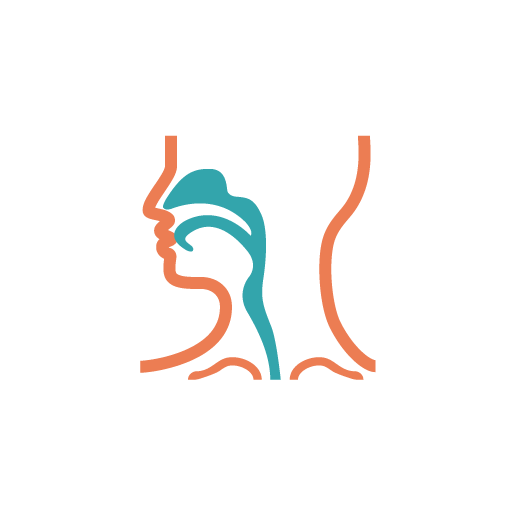
Airway CBCT analysis
Do you or your children snore? Do you have trouble sleeping?
Do you or your children keep your mouth open during the day or night and breathe through it?
Breathing is one of the most important things that we do, but we don’t often think about our breathing. It is something that we just do. A lot of common issues are linked to a compromised airway
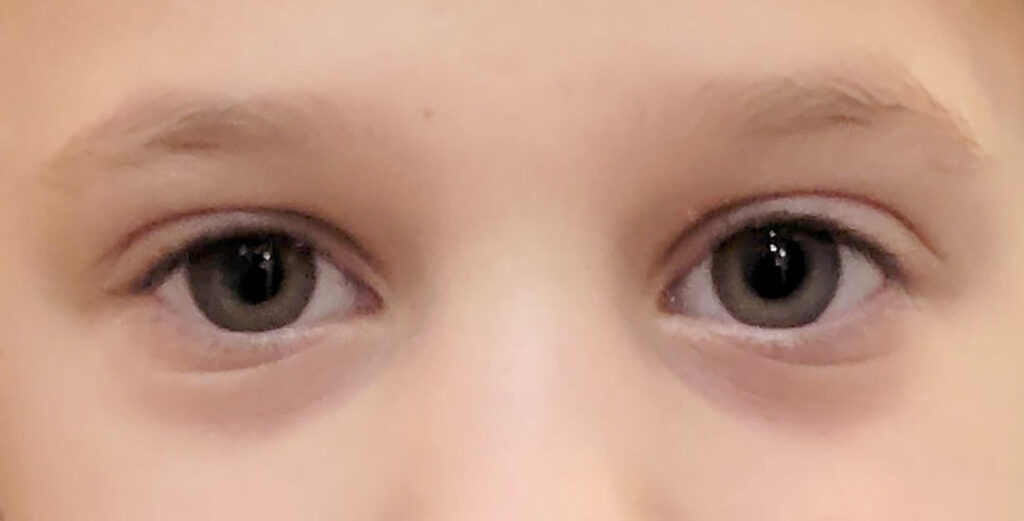
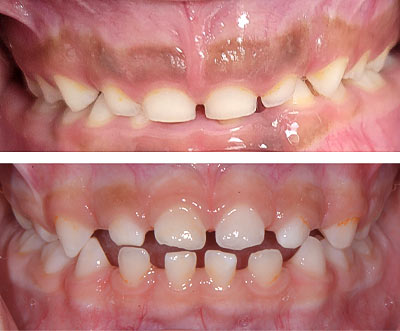
In kids, symptoms like mouth breathing, difficulties at school, restless sleep, crowded or crooked teeth, bed wetting, ADD/ADHD, finger suckling, snoring, teeth grinding, etc, are usually related to a compromised airway. When kids are not able to breathe well, they do not have adequate sleep, and this makes them feel tired and irritable and more susceptible to the symptoms described above.
Unfortunately, a common answer is “It is going to pass”or “they will outgrow it.” Without treatment, however, this may not be the case.
In adults, a compromised airway may be related to hypertension, obesity, Obstructive Sleep Apnea (OSA), depression, and bruxism among many. Dementia and cancer could also potentially be related to poor sleep and not being able to breathe properly.
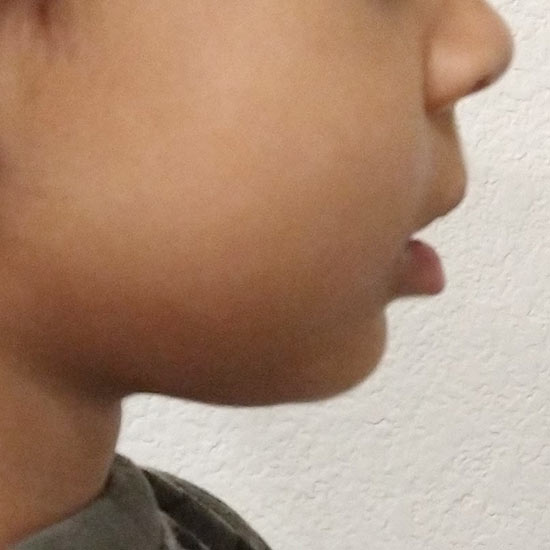
Most people exhibiting these symptoms may have some anatomical obstruction in their airway that could be interfering with their breathing. And if we are not breathing properly, our body cannot function to its maximum potential.
For many patients, there is a noninvasive, non-surgical, non-pharmaceutical option that might help alleviate some of these issues and help you or your child breathe better and feel better.
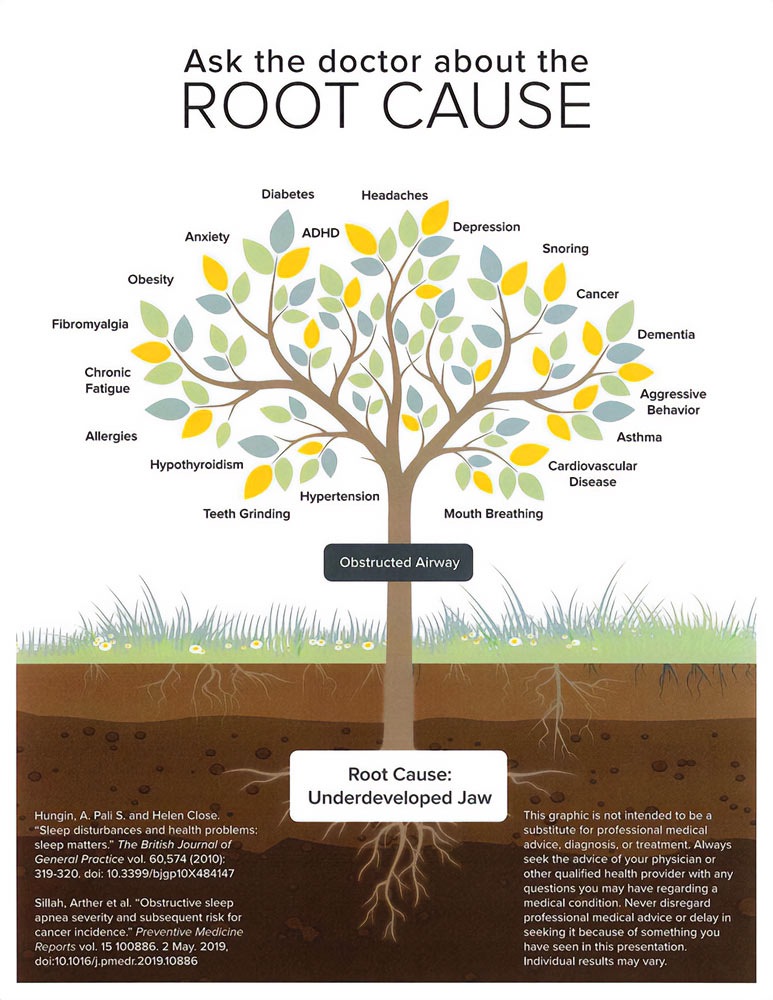
We invite you to answer the following questions, and if any of this applies to you, your child, or a loved one, please call us to make an appointment and Dr. Cordido will evaluate you and determine how we can help you breathe and sleep better.
Use the scale to measure the severity:
0 – No occurrence
1 – Occurs Rarely
2 – Occurs 2-4 times per week
Occurs 5-7 times per week
– Snoring
– Interrupted snoring where breathing stops
– Labored, difficult or loud breathing at night
– Gasping for air when sleeping
– Mouth breathing while Awake
– Mouth breathing while sleeping
– Restless Sleep
– Grinds teeth while sleeping
– Talks in sleep
– Excessive sweating while sleeping
– Wakes up at night
– Feels Sleepy and/or irritable during the day
– Headaches
– Frequent throat infections
– Seasonal Allergies
– Short attention span
– Difficulty listening/ often interrupt
– Hyperactive
– ADD/ADHD
– Sensory issues
– Avoidance behavior toward food or certain types of food
– Speech issues
– Waking up to use the bathroom
Only Children and Adolescents
– Wets the bed (currently)
– History of bed Wetting
– Ear infections or history of ear infections
– Struggles in math at school
– Struggles in reading at school
– Struggles in reading at school
– Speech issues
– Difficult to understand speech
– Difficult to understand over the phone
– Nasal Speech
– Hoarseness
– Other have difficulty understanding speech
– Gets frustrated when people can’t understand
– Speech sounds abnormal
– Sometimes omits consonants
– Uses M,N,NG instead of P,V,S,Z sounds
– Drinking or solids get into nasal area when eating or drinking